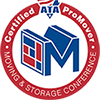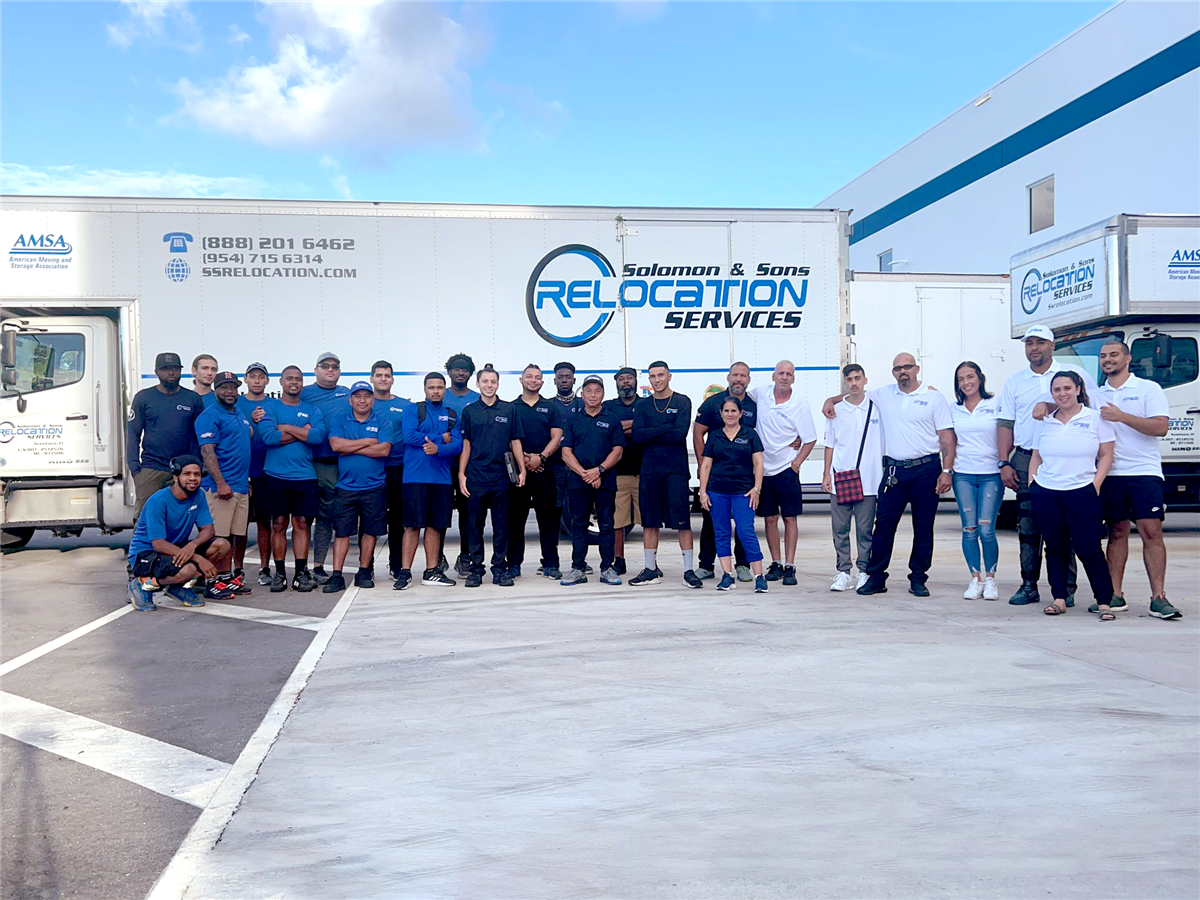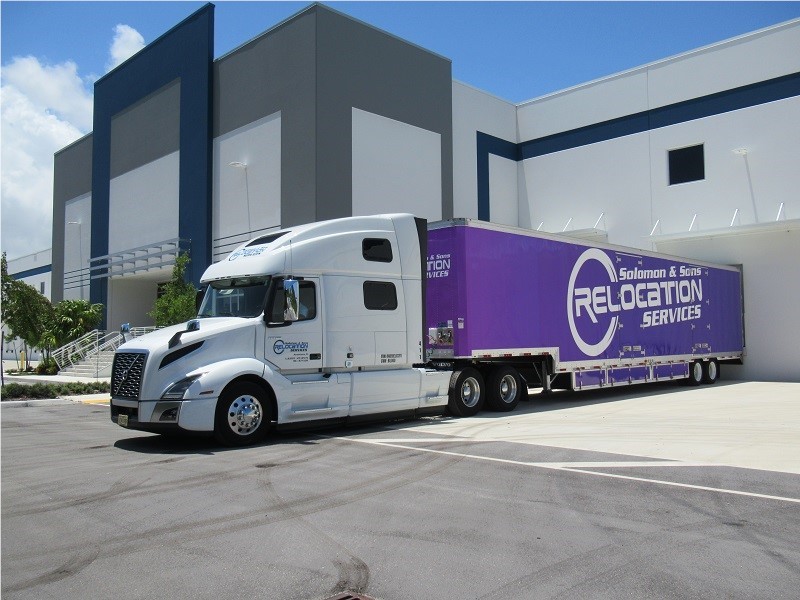Unfortunately, when people move, they don’t always understand everything involved in the cost and that one of most crucial steps in the relocation process is securing a moving estimate. Some who've never moved before may be intimidated when sitting down with a moving estimator because don't understand the process of relocating and everything that's involved. As a result, they may forget to ask the right questions, which can lead to hiring a company that is unqualified or illegitimate. If you’re moving soon, here are five of the most basic and crucial questions to ask a moving estimator.
What Type of Estimate Will I Be Receiving?The two main types of moving estimates are binding estimates and nonbinding estimates. A binding estimate provides a clear description of a moving company’s services as well as guarantees what a move will cost.
However, a non-binding estimate is based on what a mover believes the charge is. This is determined by the estimated weight of the items to be moved, besides the company’s services. A non-binding estimate could be less or considerably more than a shipment’s actual weight.
Are You Licensed and Insured?One of the most important questions to ask is if a moving company is licensed. Make sure any company you’re considering is a registered member of the FMCSA (Federal Motor Carrier Safety Association).
Interstate movers, which do moves between state lines, should be registered with the United States Department of Transportation, which entails having a USDOT number. You can check to see if an interstate mover has this by visiting Interstate Movers Search. A mover should also show evidence of insurance and bonding, along with contact information.
A professional mover must have more than just one type of liability coverage options from which to choose. For example, licensed interstate moving companies are required to offer customers two kinds of liability choices. These include released value and full value protection. How Long Have You Been in Business?Furthermore, you need to know if a mover has been in business long enough and if it has a positive track record. The longer a company has been in business, the more reputable and established it probably is so that your move can be as smooth as possible. Consider how more years in a business means knowing how to solve issues that can occur during moving.
Will My Estimate Be Priced by Weight or Space?While some moving companies charge by weight, others charge by the amount of space or cubic feet. Movers that charge by weight first go to a weigh station to weigh their moving truck before going to a customer’s home to load. Then, once the items have been loaded, the movers go back to the weigh station and reweigh. In other words, they present the final charge after their moving truck has been weighed, containing the cargo.
Moving companies that charge by space, also known as cubic feet movers, present you with a bill that’s determined by the inventory list you provide to them before moving. This enables them to give you an estimate of how much space your items will require. Most cubic feet movers give binding estimates, meaning their prices won’t change.
How Will You Move Fragile or More Challenging Items?You’ll need to know how a mover handles moving fragile items as well as those items that are harder to move, such as a piano. A professional mover should explain how they handle moving difficult items without a client even having to ask. If you do ask this question, and a mover seems clueless, suspect the company either lacks the proper equipment or doesn’t have enough experience to handle what you need moving.
Other Considerations and Warnings- Movers are required by the FMCSA to furnish potential clients with written estimates that are dated and signed by a mover and the customers.
- Belonging to the BBB (Better Business Bureau) and being in good standing can help in proving a company’s professionalism and dependability.
- A moving company can’t make a client pay more than 110 percent of an original estimate when the delivery occurs. The mover then sends a bill for any remaining fees after 30 days from the delivery date.
- Although a non-binding estimate doesn’t guarantee the total cost of a move, it still needs to be as accurate as possible. Just as a binding estimate, it has to be in writing and give a clear description of the services.
- Ask a mover’s policy regarding cancelling and/or rescheduling a move in case a problem arises just before moving day.
Tags
Subscribe to Solomon & Sons Relocation Services's Blog













Comments